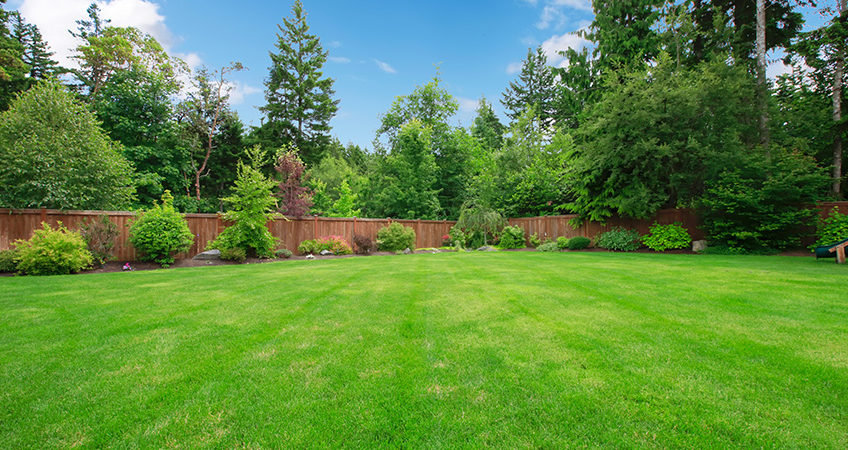Winter can be as hard on your lawn as it is on your skin. Freezing temps can compact your soil, create uneven spots in the ground, promote thatch and in general create an environment where effective lawn watering is more difficult and where weeds and disease thrive better than grass and greenery.
Winter can be as hard on your lawn as it is on your skin. Freezing temps can compact your soil, create uneven spots in the ground, promote thatch and in general create an environment where effective lawn watering is more difficult and where weeds and disease thrive better than grass and greenery.
Here are some steps that will help you use less water this season, water more effectively, and enjoy a healthier lawn and landscaping.
- If you have dents, dips and even ditches in your lawn where water can pool, it can promote weeds and diseases, not to mention mosquitoes. And high peaks in your lawn can dry out and prevent grass from growing.
- If possible, we suggest that you even out the bumps, fill in the depressions and where necessary, reseed. However, try to reseed by mid-April because if the weather gets too warm too quickly, root growth can be hampered.
- ALSO…if you like some variation in your topography, and have lawn features such as burns, we can create an irrigation system incorporating various watering techniques–such as drip irrigation–to accommodate your landscaping.
- If you haven’t already, remove the gasoline from your mower and have it serviced at a shop or DIY. Most importantly, make sure your mower blades are sharpened. In fact, you may want to have them sharpened a second time during the summer.
- That’s because, according to UNL Extension, “dull blades tear grass, forcing grass to use 40-60% more water trying to recover from stress.”
- You may notice that you have thick, dense mats of grass with aboveground roots in areas of your lawn. This is thatch and it needs to be broken up in order for water to penetrate the soil. There are specially designed rakes and other equipment that you can purchase or rent to do the job, or a lawn service can do it for you.
- If you’ve set your mower high enough and are mowing frequently, you should be able to leave the clippings on your lawn. Not only will this save you the hassle of bagging but it will give your soil needed Nitrogen.
- However, if you’ve missed a mowing and have to remove a lot of grass at one time, the clippings should be bagged. Lots of heavy clippings left on your lawn can damage your grass, contribute to thatch and encourage diseases.
If You need help, Call Us or send a message.

